10 foods to avoid during pregnancy
From raw fish to caffeine, here are the foods to avoid during pregnancy so that you can protect yourself and your baby

If you’re currently pregnant or trying to conceive, you may be wondering what foods to avoid during pregnancy. Eating a nutrient-rich, balanced diet is crucial if you’re pregnant, yet it can be confusing to navigate what you can eat and what you can’t. Once the answer to the question ‘am I pregnant?’ turns out to be yes, it’s likely that one of your first concerns will be your diet.
Can you still indulge in your favorite cheese? What about the odd sushi dinner? And is that morning cup of coffee still on the cards? Some of the foods you consumed previously may be off limits due to increased risks if you’re expecting. Plus, you’ll likely be the recipient of well-intended but potentially contradictory advice.
While it’s essential to eliminate foods with known safety issues, it’s important not to be overly restrictive with your diet. Healthy weight gain supports fetal development and gives your baby the best start in life.
To help you figure out which foods get the green light and which ones are a no-go, we’ve asked an expert to explain the rationale so you can make informed choices. In most cases, there are increased safety risks, and you’ll want to avoid these foods to protect the health of you and your little one.
But, don’t worry, wherever possible we’ve recommended alternatives, so you don’t have to miss out on enjoying mealtimes. If you’re currently trying to conceive, check out our guide to how to get pregnant or read on to take a look at the foods to avoid during pregnancy and the range of delicious options you can consume instead.
1. Alcohol
No surprises here. Alcohol is top of the list of foods to avoid during pregnancy. Drinking alcohol while pregnant increases the risk of fetal alcohol syndrome, miscarriage, and stillbirth, according to a 2011 review in Alcohol Research and Health. Because there is no known safe quantity during pregnancy, it’s best to wait until after the birth before raising a glass.
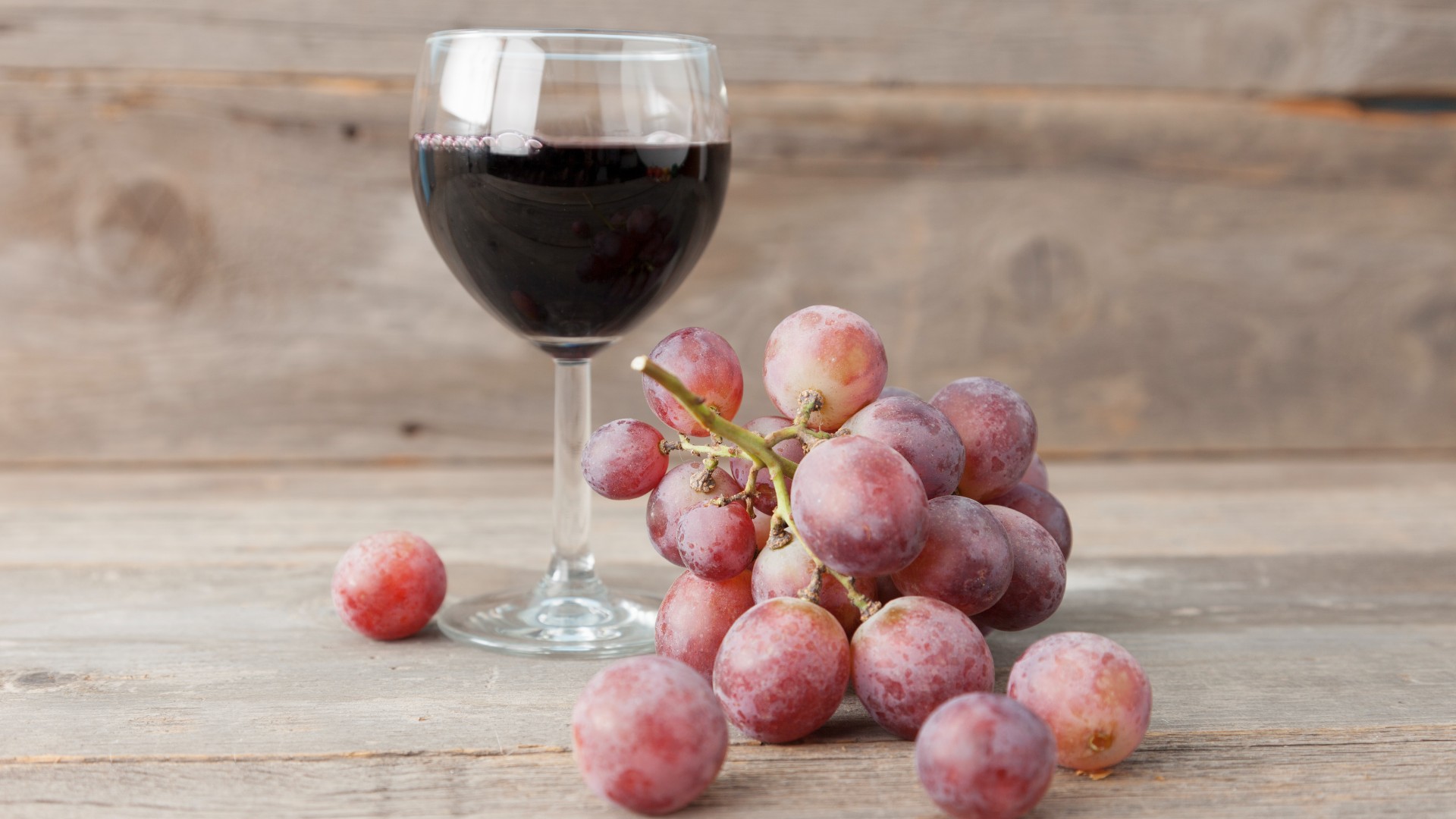
2. Fish with high levels of mercury
“Seafood can be an excellent source of omega-3 fatty acids and protein, but some seafood may contain excess mercury. It is recommended pregnant women avoid orange roughy, king mackerel, swordfish, and bigeye tuna,” advises Amy Bragagnini, a National Spokesperson for the Academy of Nutrition and Dietetics and Oncology Dietitian at the Trinity Health-Lacks Cancer Center.
This is because these fish live in polluted waters that could contain toxins like mercury. The good news is there are plenty more fish in the sea — choose from options like salmon, light canned tuna, tilapia, and cod.

Bragagnini is the clinical oncology dietitian at Mercy Health Lacks Cancer Center. She is a board-certified specialist in oncology nutrition and provides personalized nutrition therapy for patients undergoing treatment for cancer. Bragagnini earned an undergraduate degree from Tri-State University and earned a master's from Central Michigan University.
3. Undercooked or raw fish
While we’re on the subject of fish, be sure to cook any seafood thoroughly. “Cooking to proper temperature limits the chance of bacterial or viral infection from food,” explains Bragagnini. During pregnancy, your immunity is lowered, and you’re more susceptible to food poisoning, including listeriosis, which can lead to miscarriage.
If you’re a sushi fan, it’s worth sticking to well-cooked fish instead while you’re expecting.
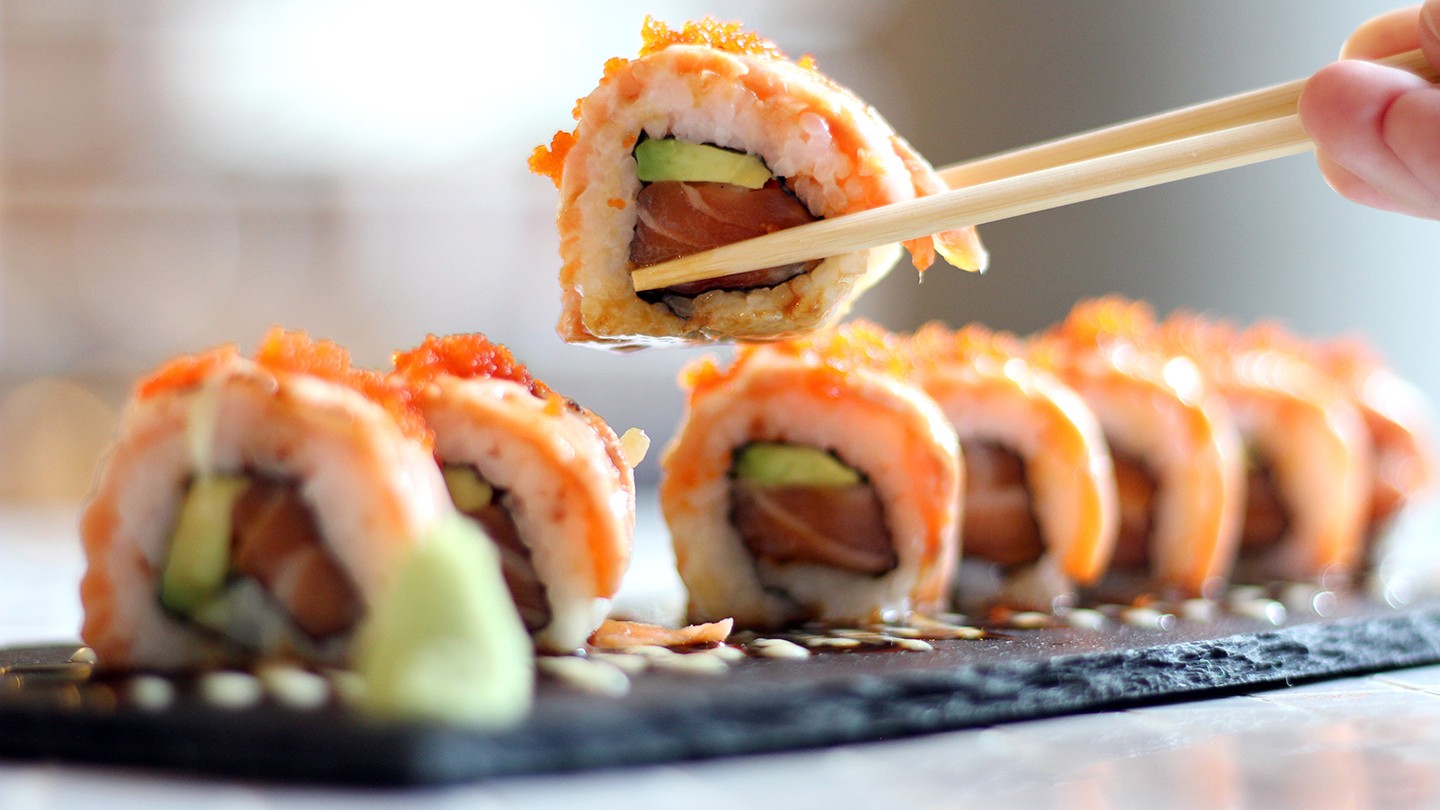
4. Unpasteurized milk, cheese, and juice
While milk and cheese can be brilliant sources of calcium, you’ll need to pay attention to which ones you select while pregnant. Raw milk and certain types of cheese, particularly soft varieties, are unpasteurized.
Pasteurization kills harmful bacteria. Without it, there’s more chance of developing an infection that could harm your baby, according to a policy statement in the American Academy of Pediatrics. Stay clear of unpasteurized juices and ciders too.
Check your labels, as there’s no reason why you can’t enjoy pasteurized alternatives such as cheddar.
5. Undercooked or raw meat
Like your steak rare? You may need to opt for well-done while pregnant to protect yourself and your little one. “Food safety is an important aspect of keeping you and your baby safe during pregnancy. Make sure your meat is cooked to a proper temperature,” advises Bragagnini.
Undercooked or raw meat can harbor harmful bacteria and parasites like Toxoplasma Gondii, E. Coli, and Listeria. According to the FDA, these pathogens pose risks to your unborn child including pregnancy loss and the development of brain damage, blindness, and other complications.
This is why you're advised to forgo deli meat. It's usually served cold and could be contaminated. You can still enjoy processed meats like hot dogs, but check they’re piping hot.
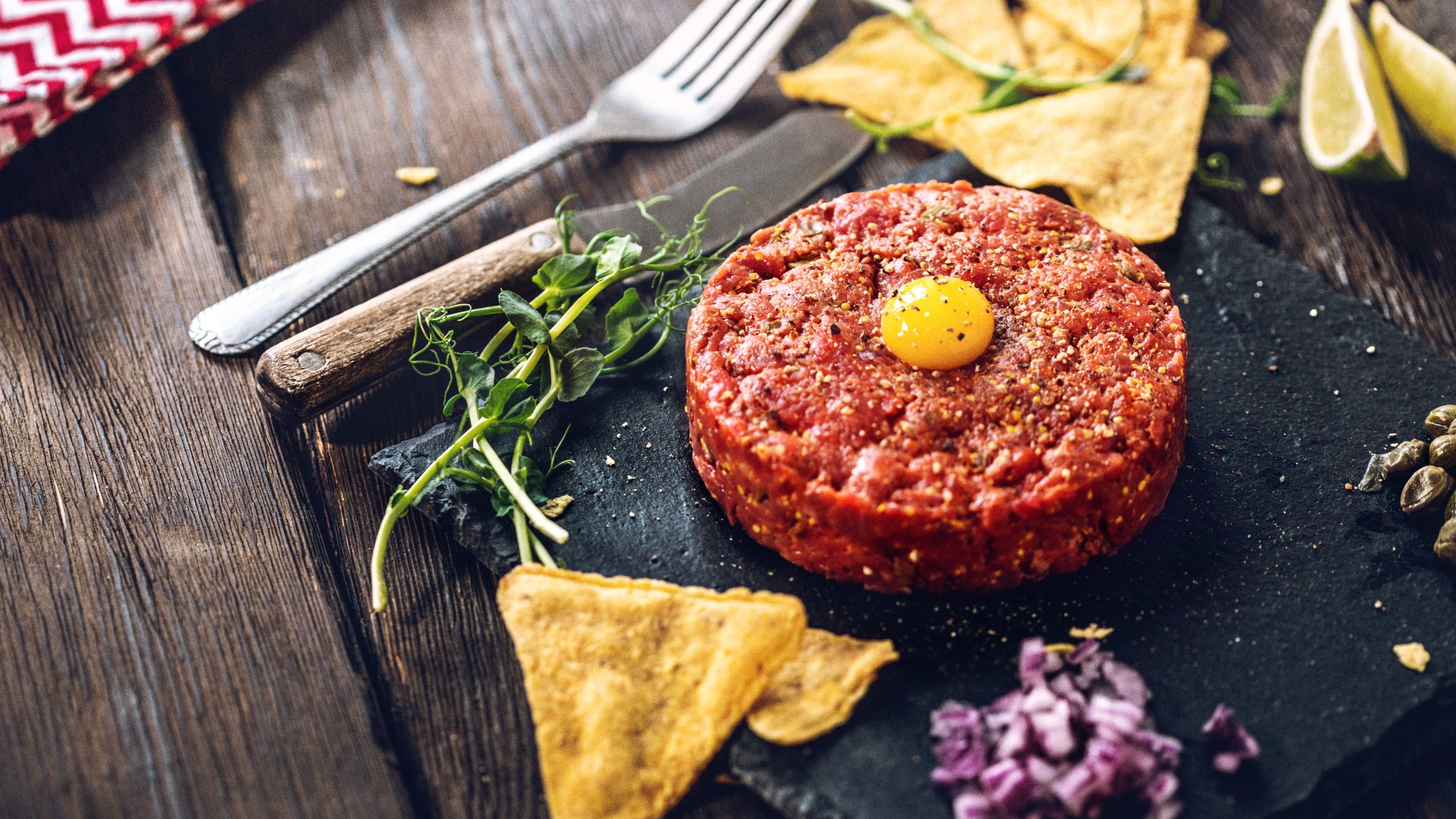
6. Raw or undercooked eggs
If you like eggs in the morning, you’ll want to be sure they’re cooked thoroughly.
“Continuing safe food practices by cooking eggs until the whites and yolks are firm,” advises Bragagnini. This is because raw or undercooked eggs may contain harmful bacteria like Salmonella, which can lead to complications.
Be wary of foods that may contain undercooked eggs. Exercise caution with poached or lightly scrambled eggs, artisan ice creams, and tiramisu.
Eggs are loaded with vital nutrients like choline. You don't need to skip them altogether — simply opt for well-done eggs instead.
7. Raw sprouts
Sprouts may seem innocuous, but bacteria can linger on raw varieties. Raw alfalfa, bean sprouts, mung beans, radish, and clover, are all foods to avoid during pregnancy, according to the FDA. You can still reap the benefits if you cook them through.
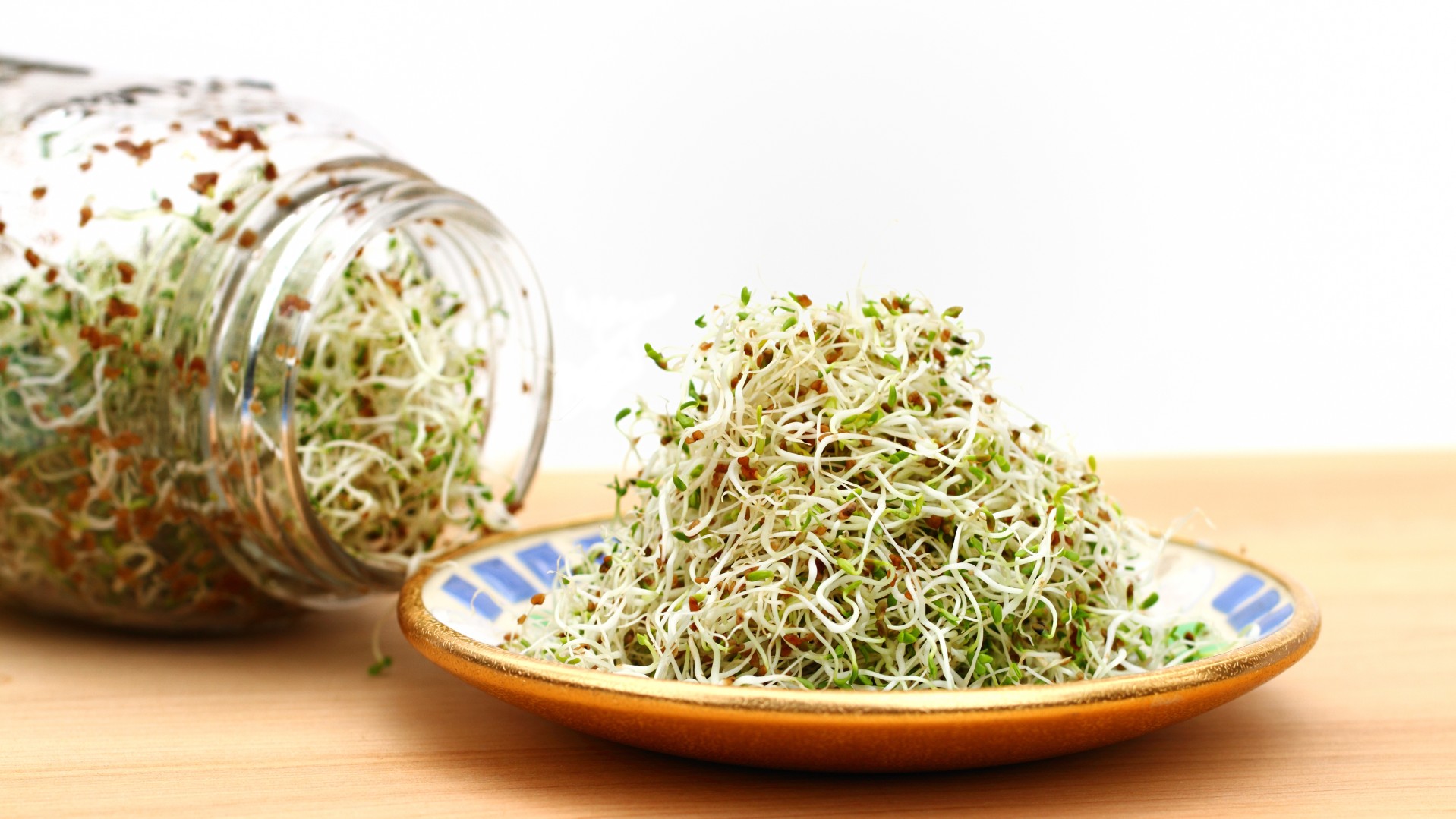
8. Unwashed vegetables
Filling your plate with a variety of vegetables helps you pack in plenty of beneficial nutrients — and they can stave off pregnancy-related constipation.
Pay attention to scrubbing your produce thoroughly before consumption. The unwashed surface can carry harmful bacteria and parasites such as Toxoplasma Gondii. While you may experience no symptoms, it can cause issues like hearing loss, brain damage, and blindness in babies, according to the FDA.
Minimize the risk by peeling and cooking your veg. Be mindful about washing your chopping boards and work surfaces which can become contaminated.
9. Processed foods
“Limit (not eliminate) foods that are not contributing to the growth and development of the baby. These could include sugar-filled beverages, desserts, and potato chips,” advises Bragagnini.
Switch out empty calorie foods for their nutrient-dense cousins to give your little one the best start in life. Yet all things in moderation — if you indulge on occasion, don't beat yourself up over it.
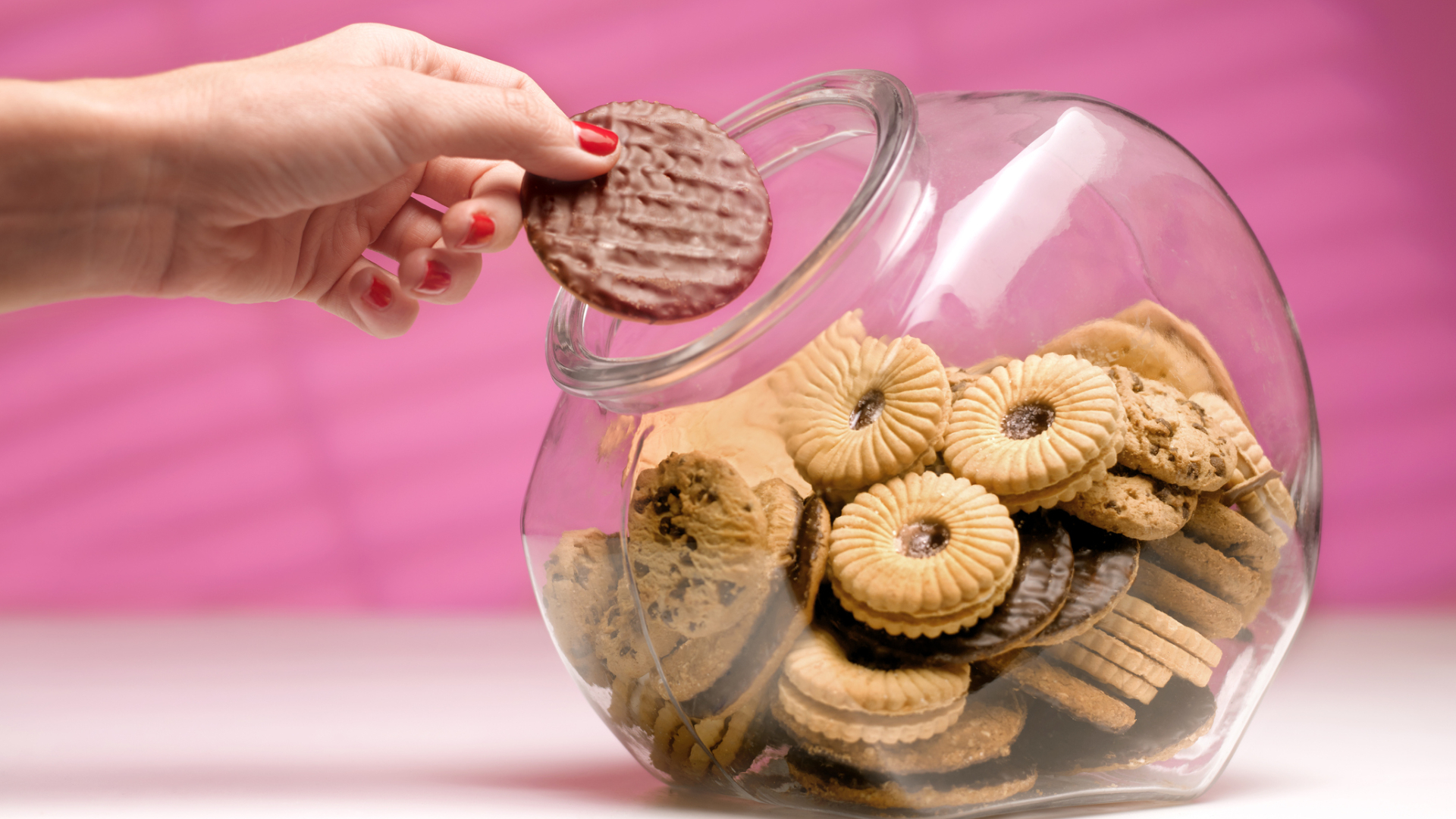
10. Caffeine
If coffee is an integral part of your morning routine you may be disappointed to find it on this list. That’s because caffeine passes over the placenta, but the fetus is not yet able to metabolize it. This means it can accumulate to harmful levels.
Thankfully, the advice is to limit rather than eliminate your caffeine intake so you can still enjoy your coffee of choice in small doses. The American College of Obstetricians and Gynecologists recommends limiting your intake to less than 200mg daily — the equivalent of one 12-ounce cup of coffee.
This article is for informational purposes only and is not meant to offer medical advice.
Sign up for the Live Science daily newsletter now
Get the world’s most fascinating discoveries delivered straight to your inbox.
Louise Bond is a UK-based writer specializing in health and wellbeing. She has over eight years of experience in management within health and care and brings this passion and expertise to her writing. Louise has been published in The Guardian, Planet Mindful and Psychreg among others. She is at her happiest when she is out in nature, whether that’s on an invigorating hike or pottering in the garden.
Man gets sperm-making stem cell transplant in first-of-its-kind procedure
'Love hormone' oxytocin can pause pregnancy, animal study finds











